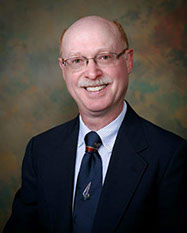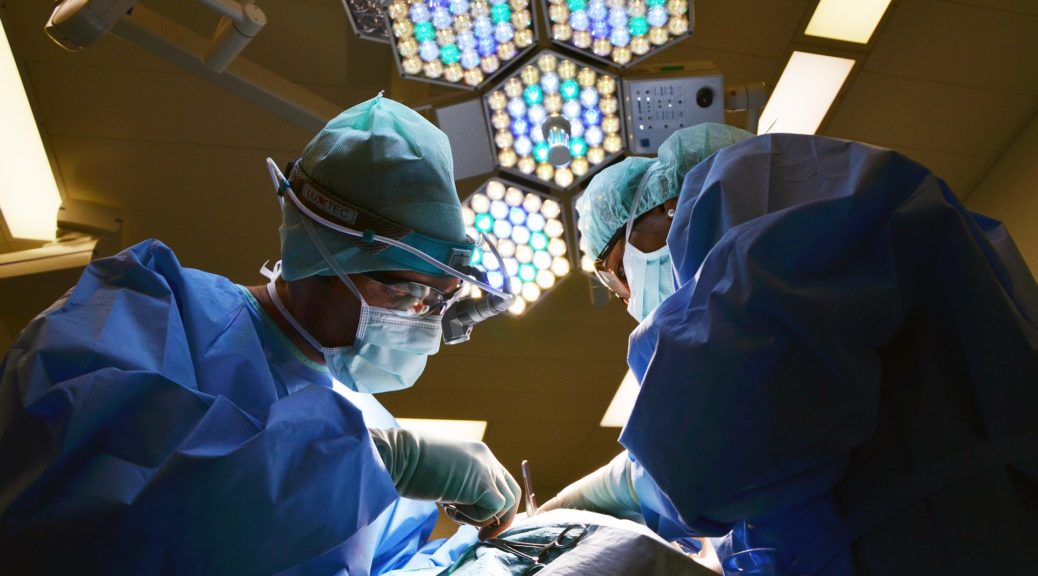As a young surgeon nears the completion of his training, he will need to make a decision as to the type of practice to join. If he wants to practice surgery, do research and teach, then an academic position may be the best choice. If he just wants to take care of patients, operate, be his own boss, and do very well from a financial standpoint, then private practice is the way to go.
Under a true private practice model, the physician is his own boss. He can work as hard as he wants and take care of as many patients as comes his way; the goal is to make a good living, hopefully in a location of his choosing. The downside of this practice model is that time away, either a vacation or a continuing education activity can be nerve racking. Lost time is lost income.
The overhead is very high in a private practice so some may choose to become an employee of a hospital or health care group. In this model, the physician will have a salary based on work done. In either of these private practice models, the physician will need some business knowledge to generate referrals. Marketing one’s skills and knowledge will be critical for success.
Physicians going into an academic practice, usually with a teaching hospital affiliated with a university or medical school, should have an interest in teaching and research. The employing hospital or university will expect teaching and research activity and some of the salary will be tied to these areas. The physician will still be expected to provide patient care and the salary will be related to the generated income, but a guaranteed salary goes a long way to relieving the anxiety of meeting overheads and making a living.
The University surgeons, those with an academic practice, focus on the complex and unusual. It is appropriate for complex patients to come to a university setting where the health care infrastructure is robust. Residents are in the hospital at all times and sudden changes in a patient’s condition can be evaluated by a physician quickly. These residents will keep the attending physician informed so that appropriate care can be initiated in a timely fashion. Residents, as a first line of care, are worth their weight in gold for the academic attendings. This is especially true in the middle of the night when the attending surgeon may not have to go in and evaluate the patient himself.
Some say that academic surgeons are the surgeons of last resort. Because of their goal to advance medical knowledge, they are inclined to take on the tougher cases. They also have resident surgeons to help in the operating room; this extra pair of experienced hands can be useful in difficult cases and is less expensive than calling in another surgeon to help. In general, you will not read about university surgeons in the newspapers. Well, that’s not exactly true as some do like to make headlines. Academic surgeons do research, teach future generations of health care providers, and take care of patients—all patients, whether they can pay or not.
Unfortunately, the last few decades has seen less financial support going to university centers from their state and local governments and less from federal funding and philanthropy for research. As a result, the academic model has changed; physicians are expected to generate more of their income from clinical care. The fact that third party payers are giving lower reimbursements has made this new model even more difficult.
Duty hour restrictions on the residents have resulted in an increased faculty involvement in patient care. Since there is only 24 hours in a day, time spent for research and teaching has decreased. It is not surprising that clinicians are spending less time doing research, either clinical or in the lab. The PhD’s who can focus totally on research, are finding it more difficult to get the help they need from the MD’s who are the ones able to bring the research findings to the clinical arena. After all, the PhD’s are not licensed or trained to take care of patients!
We are heading into a doctor shortage as our population has increased and our residency slots have remained capped. Salaries which are crucial to attract an academic physician have fallen, but the need to attract this type of clinician had increased. It is a challenge to find someone who is willing to do primarily clinical work in an academic setting. After all, if the job is mainly clinical, then you might as well do it for more money in a private setting.
Having trained at the University of Chicago which is focused on making academic physicians, it is not surprising that I chose the academic route.
As an academic cardiothoracic surgeon. I do cardiac surgery mostly; coronary revascularizations, cardiac valve operations, and I have been involved with cardiac transplantation. I also do operations on the pulmonary system; lung resections for cancer, lung volume reduction for patients with chronic obstructive pulmonary disease, and clean outs (decortications) for lung infections. The trachea, esophagus, chest wall, diaphragm, and great vessels are also areas of interest.
Academic surgeons love what they do! The pay is good; by that I mean fair. They will never be considered in the same financial class as the private practitioners but that’s ok. By training future surgeons, their knowledge and experience will live on for years. By advancing medical knowledge, they are helping enumerable future patients most of whom they will never meet. This is a legacy worth pursuing.
As to the future of medicine, I am not so optimistic. The goals used to be to improve and prolong life. But now that costs of medical care are so high, they have become a factor in the equation. Ethicists and politicians are now involved in deciding when the costs of care outweigh the perceived benefit. All I can do is shake my head and hope that physicians can be strong and principled enough to continue to do what they believe is right for the patients.
Doctors are human. Not all of their outcomes are perfect as they are not. Sometimes they are heroes, but things have a tendency to be messy. The pressure of being a surgeon can be intense but the job satisfaction is second to none. I hope that future generations will be willing to work hard to learn to do what I do. It is an honorable calling.
 by Darryl S. Weiman, M.D., J.D.
by Darryl S. Weiman, M.D., J.D.
Professor, Cardiothoracic Surgery, University of Tennessee Health Science Center and Chief of Surgery, VAMC Memphis, TN
